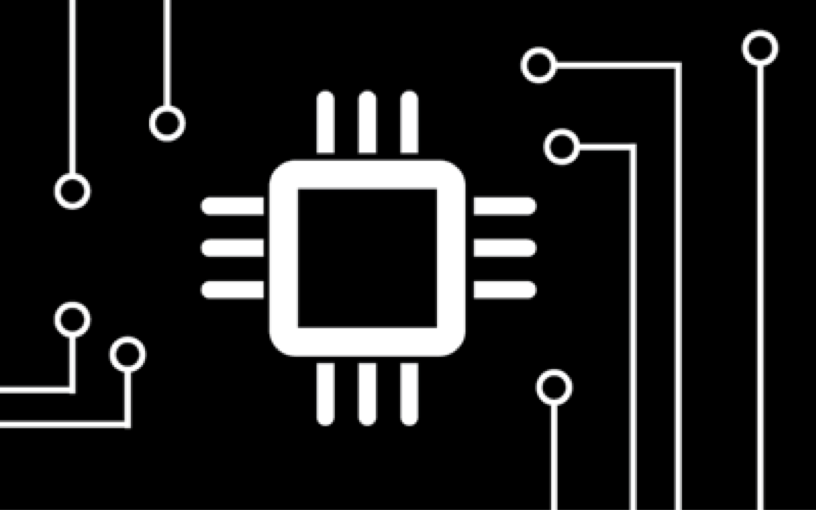BWSI Microelectronics and Hardware Development
New in 2023!
Microelectronics and Hardware Development

Program Overview
The world runs on microelectronics, and they have transformed our modern world. You might have heard about the chip shortage in the news in recent years. But how are these chips made and what makes them so special? And how can we get started in using microchips to create our own unique electronic hardware systems right at home?
This brand-new course for 2023 will introduce students to the fundamentals of hardware system design and show how hardware developers approach problems and think like engineers. Students with no prior experience in hardware are encouraged to participate.
Students will be provided a basic hardware kit and can ask for additional items to be purchased so they can implement their own unique designs. This virtual course will aim to create an opportunity for students to be imaginative with their original hardware designs and enable them to create electronic systems that can impact our lives.
Online Prerequisites
These skills will be covered in the online course:
- Circuit basics
- Digital logic
- Transistor basics
- Arduino IDE (C++)
Summer Course
The objective of the summer is to have students develop their own unique microcontroller-based hardware system. During the first part of the course, the students will learn the fundamentals of using microcontrollers and ensure functionality of the basic kit. During the second part of the course, students will be challenged to come up with their own unique design, and they can request the purchase of additional hardware items to augment their basic kit. This class will also provide supplementary lectures on topics of interest to hardware developers and microelectronics designers & fabricators. These topics may include:
- How semiconductors work and a peek into a modern chip fabrication foundry
- Printed circuit boards and custom design process
- How solar panels work and how they are made
- How lasers, photodiodes, photodetectors, transistors, and other advanced electronic components work and how they are made
- Analog to digital and digital to analog convertor design
- How to analyze and present data
A rough timeline of the summer is as follows:
Week 1: Understand the basics of microcontrollers and storing data
Week 2: Demonstrate successful interface with sensor hardware in the basic kit
Week 3: Design and implement unique hardware designs by incorporating additional hardware components of the student’s choice
Week 4: Continuation of Week 3, culminating in a final presentation



